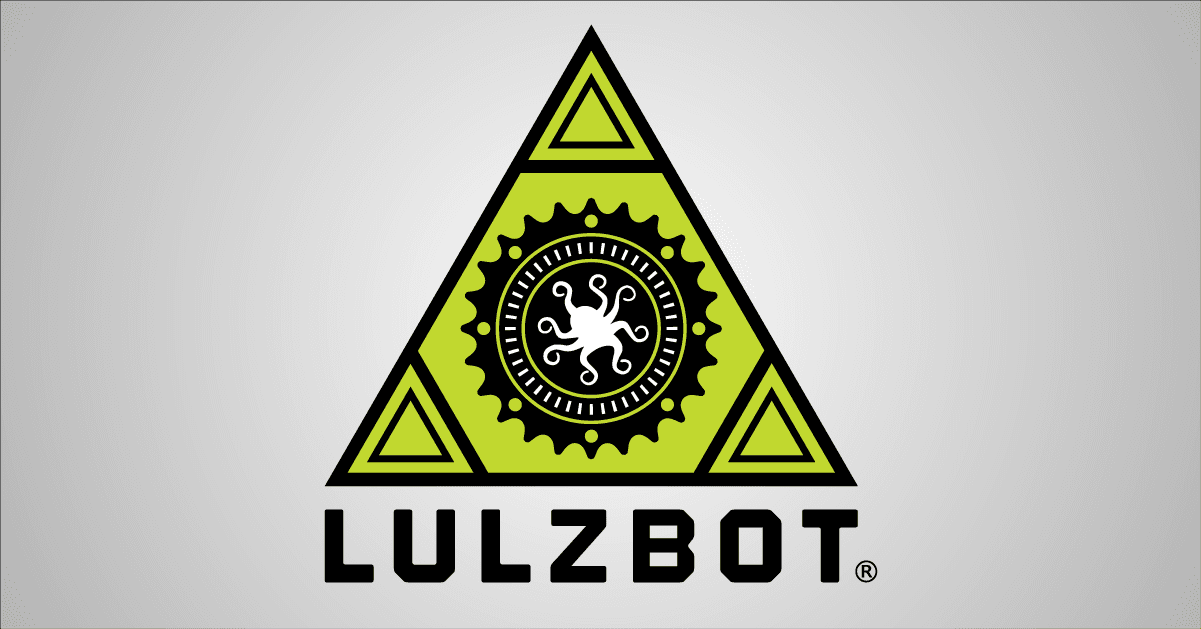Submitted by cathryn on Wed, 09/20/2017 - 20:01
What if you could simulate 3D printing your designs in virtual reality with actual G-code?
The proof-of-concept LulzBot TAZ Virtual Reality Experience enables you to choose your filament color, start and stop the print job, and control the print speed as a LulzBot TAZ 6 3D printer produces a Rocktopus before your eyes. This fun, interactive application was inspired by Pennsylvania State University’s John Ostrander and Dr. Timothy W. Simpson, and was developed by Aleph Objects using Free Software.
Items Needed to Make Your Own VR Headset
- VR Headset 3D model
- SemiFlex by NinjaTek filament is recommended for comfort, while nGen by colorFabb or INOVA-1800 by Chroma Strand Labs also provide a superior print for this application due to their high strength and no-warp characteristics. (Note: A Flexystruder Tool Head is required for printing with flexible filament!)
- LulzBot 3D Printer, with filament loaded
- Cura LulzBot Edition. Download or update to the latest version for improved slicing profiles, firmware, and new filament compatibility.
- 25 mm (0.94 in) diameter lenses with a 45 mm (1.77 in) focal length (available on Amazon)
- Smartphone (The headset will accommodate most smartphones, but was primarily designed for phones with a size similar to the Nexus 5 and iPhone 6)
Let's Go!
- Open a browser and visit https://devel.lulzbot.com/vr/taz/ on your smartphone. Click “Enter VR.'
- Before placing your phone into the VR headset, enable Auto-rotation. Your web browser may support hiding the address bar. Activate full-screen mode if possible.
- Place your phone into the VR headset and place on your head or hold the VR headset as you look through the lenses. The VR experience will come into focus when the headset is positioned correctly.
- Got straps? Take your VR headset to the next level by designing 3D printable flexible head straps, or simply create a head strap from elastic bands.
- Line up the floating white dot with the white dots on the objects to initiate actions. As stated previously, this enables you to start and stop a print, change the filament color, and control the print speed using the lava lamp.
Want to get more involved? As always, feel free to contribute to the source code!


